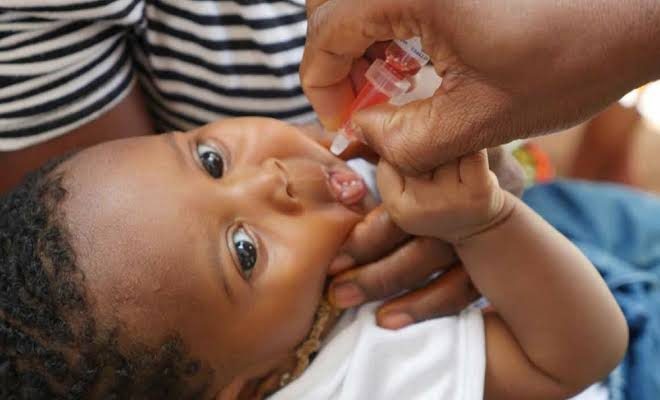

Despite the recent progress made in the immunisation of children in recent years, only 36 per cent of children in Nigeria have received their complete dose, the United Nations International Children’s Emergency Fund disclosed.
UNICEF further stated that the Northwest part of the country has been identified as one of the zones that recorded very low records with only 25 per cent of the children in the zone having completed their dose.
The head, the UNICEF field office in Sokoto, Dr Maryam Said, stated this on Saturday while delivering her goodwill message at a two-day media dialogue on routine immunisation and the zero dose campaign in the UNICEF field office states at Sokoto.

Represented by the Health manager, the UNICEF field office in Sokoto, Dr Shamina Sharmin, Said said, that according to the National Immunization Coverage Survey (NICS) 2021, Nigeria has made progress in immunisation, with national Routine Immunisation coverage of children receiving all three doses of the pentavalent vaccine at 57 per cent but the Completeness of Routine Immunisation coverage is 36 per cent! For northwest Nigeria, the figure is only 25 per cent”.
“The recent data from UNICEF’s flagship report, the State of the World Children’s Report (SOWC) 2023, lists Nigeria as one of the countries with highest Zero Dose children – a reference to children who didn’t receive a single dose of antigens they should have taken at their age to give them protection from vaccine-preventable diseases.
According to the report, “Out of the 67 million children who missed routine vaccination between 2019 and 2022, 48 million didn’t receive a single regular vaccine. As of the end of 2021, India and Nigeria had the most significant numbers of zero-dose children.

“We all know that COVID-19 pandemic exacerbated the situation as it interrupted childhood vaccination almost everywhere, mainly due to intense demands on healthcare systems, the diversion of immunisation resources to COVID-19 vaccination, health worker shortages, and stay-at-home measures.

“Today, vaccines are estimated to be one of the most cost-effective means of advancing global welfare. Our director of Public health already mentioned how vaccines work and act as a protective shield for the children against deadly diseases. Despite these longstanding benefits, low immunisation levels persist.
“In recent years, the World Health Organization declared vaccine hesitancy a top threat to public health. While vaccine hesitancy is as old as vaccination itself, the nature of the challenge continues to shift with the social landscape.
“Vaccine hesitancy and the misinformation it fuels are crucial drivers of under-vaccination across the globe. Disseminating accurate information and allaying the spread of misinformation is essential to ensuring every child is protected with life-saving vaccines”
She assured that UNICEF is committed to providing caregivers and communities with fact-based information on vaccines, through community-level engagement and building partnerships, UNICEF works to build trust.
READ ALSO FROM NIGERIAN TRIBUNE









